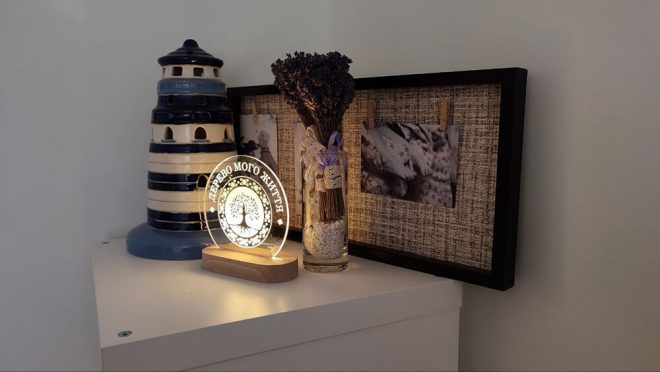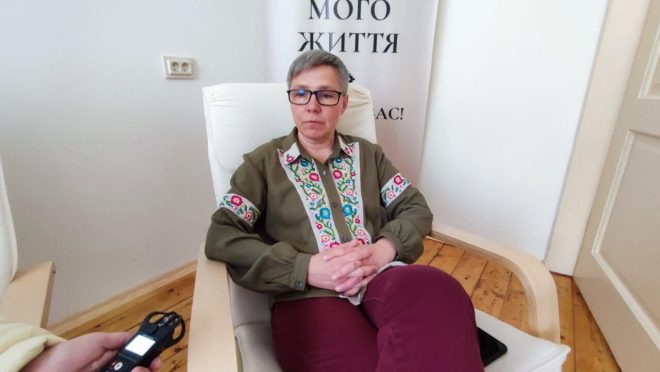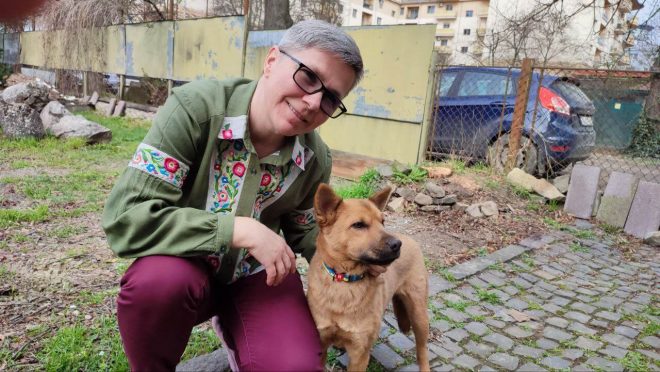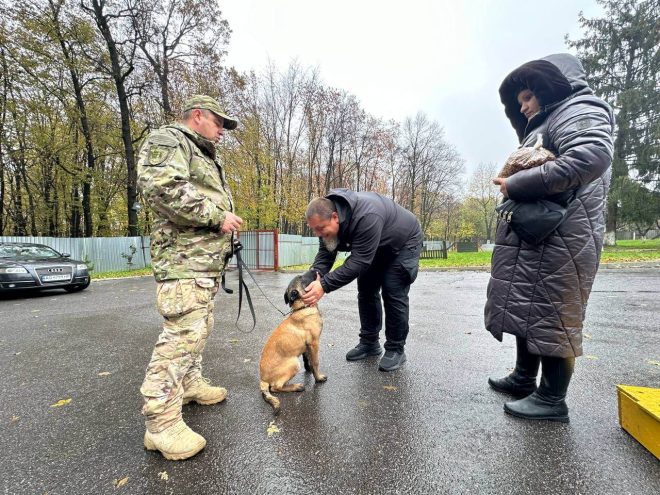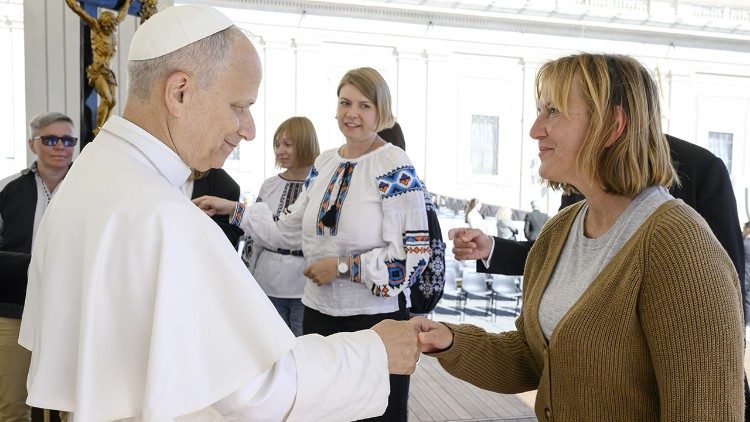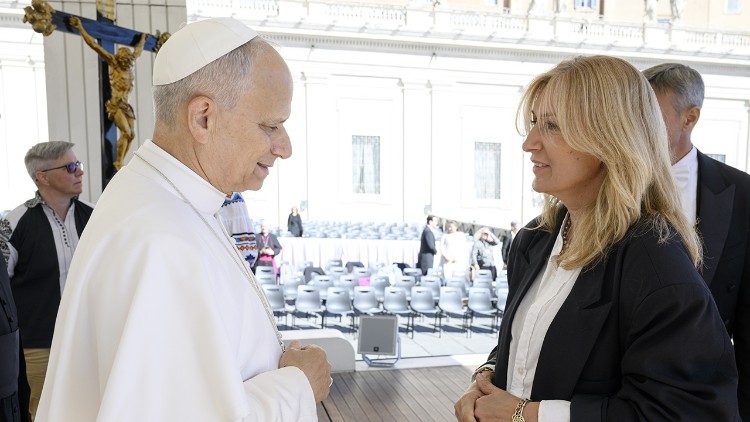After the front. Mountains, swimming, dogs, or non-medical rehabilitation for soldiers in Zakarpattia

About adulthood. A mature person: what is he/she like?
15.03.2024
A bird in its nest: Chendei’s book was presented at the family estate
05.04.2024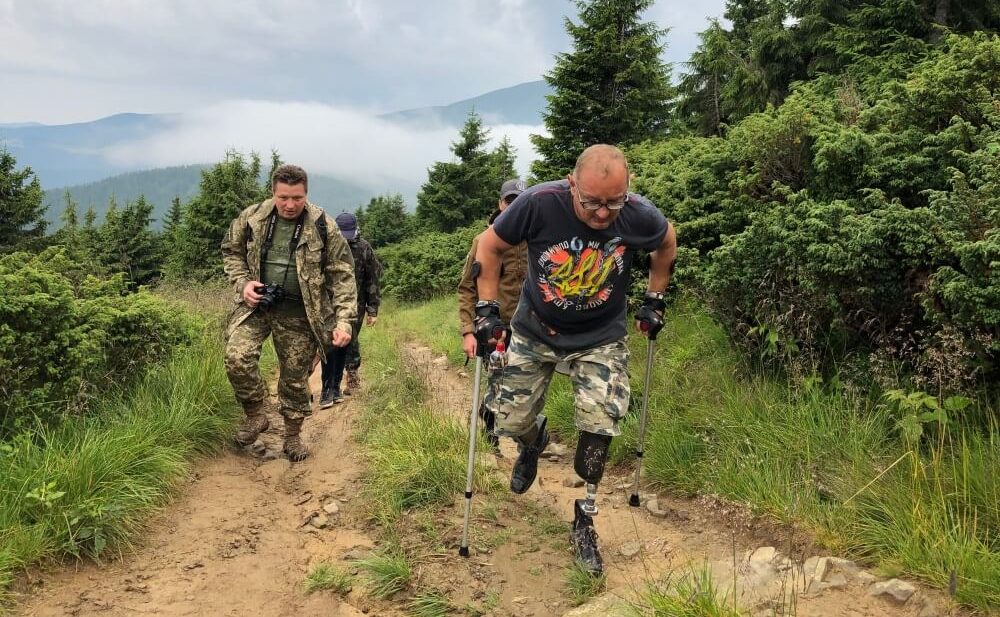
Several hundred servicemen treated in hospitals in Zakarpattia, soldiers on rotation here, and many veterans who have been demobilized from the Armed Forces, despite their physical presence here, still remain at war – alongside their comrades. Doctors and rehabilitators are making every effort to cure them, but it is up to their families, society and psychologists to bring their minds back to a relatively calm state.
We talked to psychologists who work with our soldiers on a daily basis about how to do this as efficiently as possible.
Adapting civilians to military life
– “It’s good that we are at least talking about this, in the 10th year of the war,” says psychologist and psychotherapist Maria Vovk. “If the issue of reintegrating veterans into society was more relevant in 2015-2016, today, in my opinion, it is more correct to talk about adapting us, civilians, to military life. Now there is almost no one who does not have a relative, friend or colleague at the front. Social support for the military and veterans is a basic need today.
It is very important to have support and understanding from the society and community where the veteran lives. From their colleagues, friends, and acquaintances. Sometimes it’s enough to sincerely ask if a person is doing well, or at least to thank them for their service and protection. The only thing is that it should be sincere. And it is very unpleasant when you can still hear “I didn’t send you there” or “It was his decision” or “Why did you let him go?”
In addition, according to Maria Vovk, the stigmatization of psychological assistance, which is still quite strong in smaller towns and villages of Zakarpattia, does not contribute to the recovery of our military. People here are not used to seeking help from professional specialists. This is partly due to the fact that during the Soviet era, the repressive government turned psychiatry into an instrument of punishment, imprisoning political dissidents in psychiatric hospitals. And this is noticeable in all spheres of society, not only among the military.
– “I heard somewhere that about 70% of people recover on their own, 15-25% with the help of psychologists and psychotherapists, and 5-10% will have PTSD (post-traumatic stress disorder – ed.),” says the psychologist. “At the same time, some people may have post-traumatic growth after experiencing traumatic events. These are all approximate percentages.
Psychologist, psychotherapist and psychiatrist
Maria Vovk explained that psychological assistance is more about counseling and advice. Psychotherapeutic assistance is long-term counseling and verbal treatment, that is, therapy is carried out in the process of conversation. But if a person has some serious problems, for example, he or she cannot sleep, has symptoms of depression or anxiety, then he or she is referred to a psychiatrist for a consultation. The doctor conducts an examination and, if necessary, prescribes medication. The person stabilizes with medication and continues to see a therapist.
– And if it is normal for a veteran’s family or environment to see these specialists, it will not be a problem for the veteran either,” she says. ”One of the important problems is not that this help is not available, but that people are still not always ready to see these specialists. Psychological help is provided on an individual request. Many people postpone visiting a mental health specialist because of fear, and often come in a serious condition. And here, just like with physical health, you should not neglect prevention and seek help at the first symptoms that linger.
“Tree of My Life”
Adaptation and reintegration into civilian life can begin when the war is over. Recovery can begin when you are already safe,“ agrees with Maria Vovk Liubov Mykhailiuk, a military psychology consultant at the ”Tree of My Life” Charitable Foundation.
– “In Zakarpattia, it is relatively calm, but we do not feel 100% safe, and it is an illusion when people believe that they live in a safe place,” she says.
The “Tree of My Life” Foundation emerged from the “Psychological Resource Educational and Cultural Project ‘Tree of My Life’, which was created after the full-scale invasion. It began operating on March 1, 2022, and the Tree of My Life Charitable Foundation was established on April 18 as a highly specialized area. The organization’s 26 professionals, including military counselors, military psychologists, resource-oriented counselors, therapists, and psychologists, work in various areas of psychological support for military personnel and their families. In particular, children’s groups (from the age of 3) are now being reopened so that the wives of servicemen who are unable to attend psychological support groups because of their young children can come with them. The children’s group will run in parallel with the group for wives of military personnel whose husbands are at the front line.
Liubov Mykhailiuk, who is also a candidate for resource-oriented counselor, journalist and master’s degree in religious studies, explained that the Tree of My Life team had not provided psychological support to the military until they had completed the appropriate training – advanced training in military psychology. They studied at the Institute of Advanced Training in Psychology in Odesa and are simultaneously studying online at the Ukrainian Catholic University. All of them are military psychology consultants.
The following is a direct speech by Lyubov Mykhailyuk:
Mountains, fishing and animal-assisted therapy
– Music therapy, ceramics, art, equine-assisted therapy, etc. are all elements of psychological therapy. We provide systemic psychological support and this is what sets us apart from other foundations and organizations. It is ongoing, and we run groups that operate on a regular basis. We have a cat named Lelya and a dog named Tori, who also act as therapists for the military, because animals are one of the keys through which we can reach them. We also have balneological rehabilitation through swimming lessons at the Harmony complex, which the guys have the opportunity to attend once a month, and this also contributes to their recovery and return to life.
Now, with the onset of warmer weather, we will resume our outings with our military. Last year, we went to a horse farm and the guys had the opportunity to ride horses, talk to the animals, and went fishing with them.
We are planning spiritual therapy again. Last year in September, the boys and I went to Perechyn, where they walked the Way of the Cross up the mountain and thus could say goodbye to their brothers. I think we will organize something like this again before Easter.
“Emotional soldier = dead soldier”
They do not allow themselves to cry, because there is an expression, and it is true, that an emotional soldier is a dead soldier. In the sense that they have no right to show emotions, because they have to be ready and mobilized all the time, and emotions undermine the psyche and do not allow rational thinking. That is why we are trying to implement these things here, so that the military, while they are here, either on rotation or in treatment, can release their emotions, traumas, and losses, and this is very valuable and important for them.
That’s why we are planning the Way of the Cross again, so that the guys can say goodbye to their comrades, because even at funerals they don’t allow themselves to show emotions. This loss hurts them very much, because, no matter how sad it may sound for their wives, mothers and children, this is the closest person to them now – a fellow soldier, and it will remain so for a long time after the war. One soldier admitted that his comrade-in-arms is the closest person to him because they were born in the crucible of death… Wives should realize this, understand and not be jealous.
We have to accustom the public, the community, to the fact that the military will return from the war and they will need our understanding. We will not understand them, but at least we can support them, not demand what they cannot give us yet. Understand that they have seen things that we are not ready to hear about, even a fraction of what they have seen and experienced.
Do not hold emotions back
Classes in the Tree of My Life space are held daily according to a clear schedule with different groups and are free for veterans. Liubov Mykhailiuk says that they try to get the military to attend classes in the space because the value of psychology is to take a person out of their usual environment, which is better for psychological recovery. The foundation’s branches also operate in Mukachevo and Svaliava.
– “We help our guys and girls in terms of psychological return home from the front,” says Liubov Mykhailiuk. “Unfortunately, this return will take years, it does not happen in one or two meetings or even in one or two years. A veteran will never return to a full-fledged peaceful life… This experience they have gone through, they will carry with them all their lives, it may be less intense and not cause difficult memories. Relatively speaking, a veteran can return to peaceful life after five years of victory. But it all depends on the person’s psychotype.
We have groups that work on a regular basis, which is more of a body-oriented, art-therapy direction, and we have participants who have been attending these groups almost since the day we were founded.
VDOMA hub and support for veterans
A few months ago, Tree of My Life began cooperating with the VDOMA veterans’ hub, which works with veterans and supports the families of the dead and missing, providing them with social and legal assistance.
– “The very idea of a veteran space is veterans helping veterans,” explained Dmytro Panarin, a public relations specialist at the hub. “We have all veterans – those who resigned due to disability, family circumstances, and there is a veteran who resigned due to age. A veteran will understand a veteran more quickly and know how to help. When communicating with veterans, we first identify the problem: whether it is the processing of benefits or a problem with local communities, which are often imperfect in our country.
The man said that the authorities meet veterans halfway, but sometimes they would like to know if the project or support they are planning will be relevant to veterans. It happens that an initiative is good, but it would be appropriate at a different time or in a different form.
Dmytro Panarin and his wife are military veterans, he is a senior sergeant, his wife is a career officer, a doctor, she resigned in 2018 for health reasons, Dmytro in 2019, and at the end of February 2022, both were already at the military registration and enlistment office. Eventually, due to health problems, Dmytro and his wife resigned from the Armed Forces and, when they heard that the Zakarpattian Regional Military Administration had launched the Dog for Veteran initiative last year, a program to support veterans with therapy dogs for psycho-emotional rehabilitation, they applied on the OVA website and became one of the three veterans who were the first to receive a Belgian Malinois shepherd.
Emotion on four legs and a tail
The first three Belgian shepherds purchased by the regional administration have undergone the first stages of socialization and training in general commands at the dog training center. Dmytro Panarin said: “We wanted a dog for a long time.
– “When we got the dog, we were overwhelmed with emotions. In winter, our Black lived in the house, he was still a small, 5-month-old puppy. On March 15, he turned 9 months old. We bought him a large kennel, he gradually got used to it, and we took him into the house at night. Now our Black lives in the yard, performs the commands he was taught at the dog training center, but we have no experience in further training, so we asked if the dog training center would agree to take Black to learn new commands from time to time. And they gladly allowed us to come.
The head of the center is a very good man, he gladly agreed. In particular, Malinois is an assault search dog that needs constant training, they are very smart. But our Black is still small, untrained, and it happens that he plays around and can’t handle his teeth…
The dog is very cheerful, says Dmytro Panarin, a solid emotion on four legs and with a tail. His wife Oleksandra added:
– “We wanted a dog because then you are always busy with something, it fills you with emotions and distracts you from memories and digging into yourself.
The administration’s initiative to provide a dog to a veteran is still in place today. You can apply on the “Dopomoga Zakarpattia” portal by going to the “Dog for a Veteran” section.
Zoryana Popovych, Varosh
Photos by Arkadii Shynshynov, Natalia Petervari and from the pages “Tree of My Life” and “Veteran Hub ‘VDOMA’ on Facebook
The main photo is an illustrative one, “Novynar”. It shows veterans during the second ascent to Hoverla. Anatoliy Fateyev is in front, he lost his legs in 2015 and lost his son in this full-scale war… The second is the father of three, Oleksandr Nadtochiy, an ATO veteran, who was seriously wounded in this war and is now fighting for his life.
